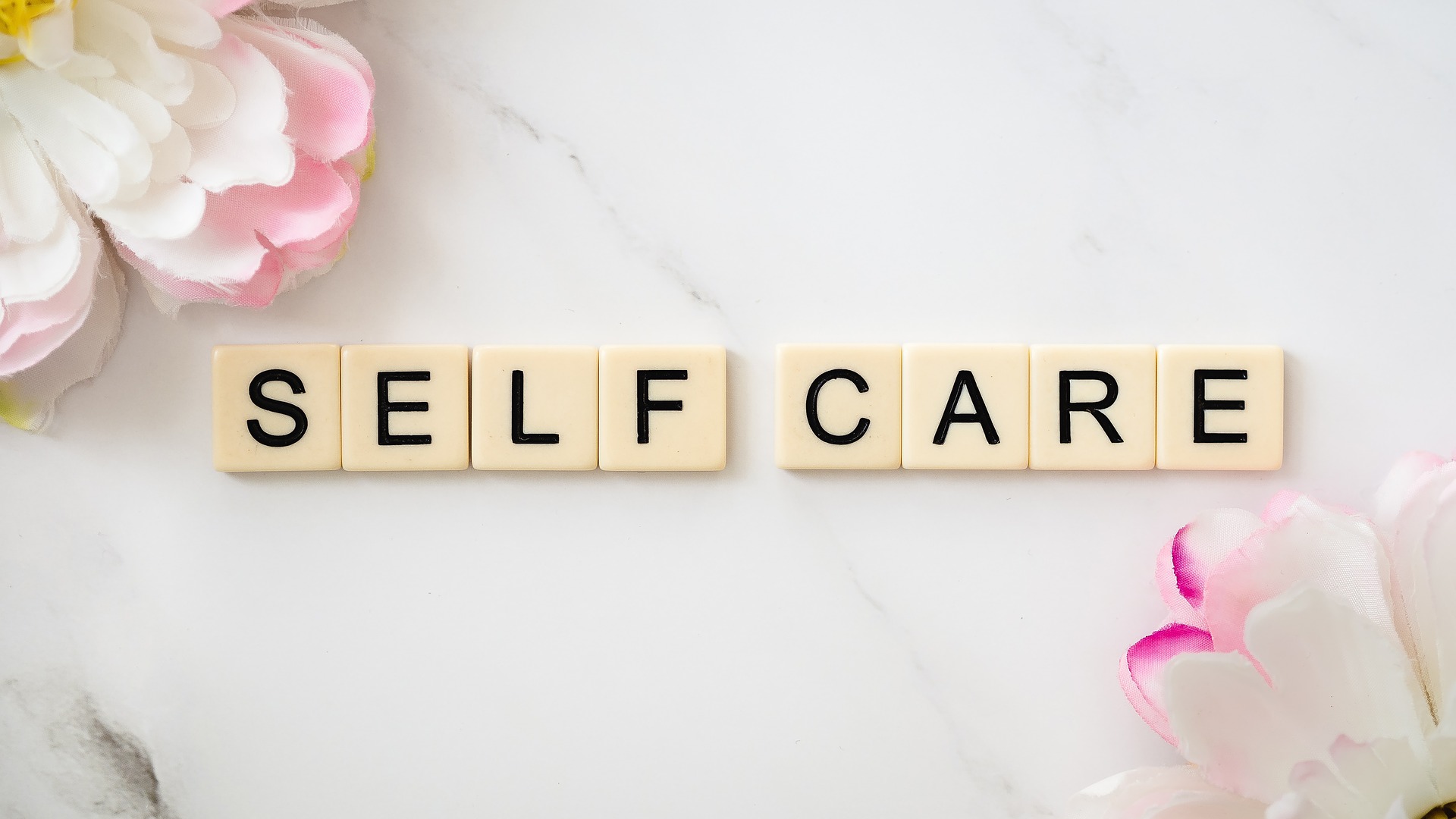The Power of Self-Awareness: Understanding Yourself for Success
Self-awareness is one of the most valuable tools for personal growth, but many people don’t take the time to truly understand themselves. It goes beyond just knowing your favorite color or food; self-awareness means understanding your own strengths, weaknesses, and emotions. It’s about being honest with yourself and paying attention to what makes you tick. Whether you’re in middle school or high school, becoming more self-aware can have a huge impact on your life, helping you make better decisions, improve your relationships, and set yourself up for long-term success.
At its core, self-awareness is about reflection and observation. You have to notice how you react in different situations, what makes you feel confident or uncomfortable, and what kinds of activities give you energy versus what drains you. By understanding these things, you can make smarter choices about how you spend your time and tackle your challenges. For instance, if you notice that you always feel nervous before giving a class presentation, this awareness gives you the chance to do something about it. Instead of ignoring your nerves, you can practice more, visualize yourself succeeding, or use breathing exercises to calm yourself before it’s your turn to speak. Being self-aware allows you to prepare for these kinds of moments rather than just letting them happen to you.
Self-awareness is also key to managing your strengths and weaknesses. Everyone has things they are naturally good at and areas where they need improvement. Pretending that you don’t have any weaknesses or that you’re perfect can lead to frustration and disappointment. But if you’re honest with yourself, you can make smarter decisions. For example, if you recognize that you tend to work better in the morning when you’re fresh and alert, you can organize your study schedule to focus on your most challenging subjects earlier in the day. This way, you’re using your natural energy to your advantage, instead of struggling to focus on tough homework late at night when you’re tired.
On the other hand, if you know that you’re not the best at something, you can make choices that help you improve. Let’s say you have trouble staying organized. Instead of feeling bad about it, self-awareness can help you create a plan. Maybe you can experiment with different types of organization systems like a digital planner or a simple to-do list, until you find something that works for you. The point is that knowing yourself can help you identify ways to improve and take control of your growth, rather than waiting for things to change on their own.
Developing self-awareness doesn’t mean you need to sit around thinking about yourself all the time. It’s more about taking moments throughout your day to check in with yourself. After an activity, ask yourself how it made you feel and why. Did you feel energized or drained? Confident or unsure? These reflections can help you notice patterns over time. You’ll start to see what brings out the best in you, what stresses you out, and where you can adjust to improve your experiences.
Self-awareness is also powerful when it comes to relationships. Understanding your own emotions helps you communicate better with others. For example, if you’re feeling frustrated with a friend, being aware of why you feel that way can help you express your feelings calmly instead of lashing out in anger. You might realize that your frustration isn’t even about them, but about something else that happened earlier in the day. When you’re in touch with your emotions, you can respond to situations thoughtfully rather than react impulsively.
In high school or middle school, it can feel like everyone is figuring things out at the same time. Self-awareness can give you a head start. When you’re self-aware, you learn to trust yourself and make decisions based on what truly works for you. You don’t have to follow the crowd or make choices just because others are doing it. Instead, you can identify your own goals and strengths and make choices that align with who you really are. This can be especially helpful when planning for your future, whether it’s choosing the right classes or figuring out what activities you want to get involved in.
The benefits of self-awareness are clear. It helps you make better decisions by understanding your strengths, weaknesses, and emotions. It allows you to make plans that play to your strengths, and it gives you the opportunity to recognize and work on areas where you can improve. Whether it’s managing nerves before a presentation or organizing your study schedule to fit your energy levels, self-awareness empowers you to take control of your life. It’s a skill that will serve you well, not just during your school years, but throughout your entire life.
Becoming self-aware is a journey, and it’s one that can start right now. Take time each day to reflect on your actions and emotions, and notice the patterns in your life. The more you understand yourself, the better equipped you’ll be to navigate challenges, seize opportunities, and create the future you want.

